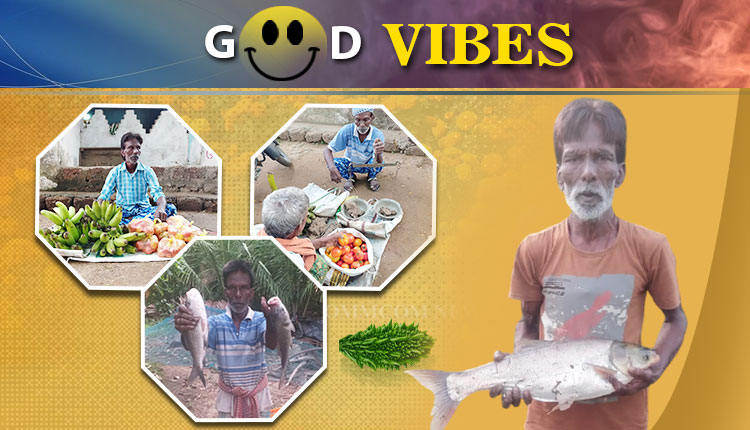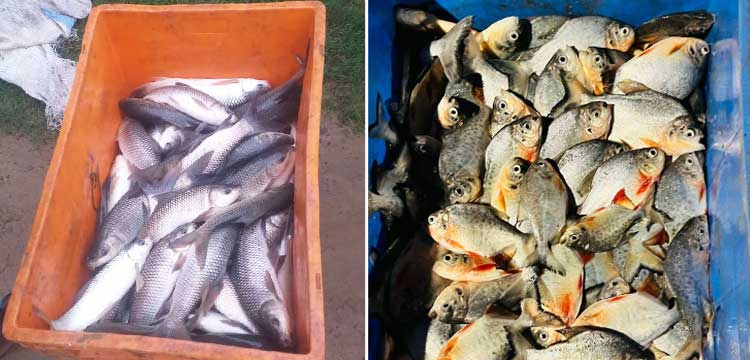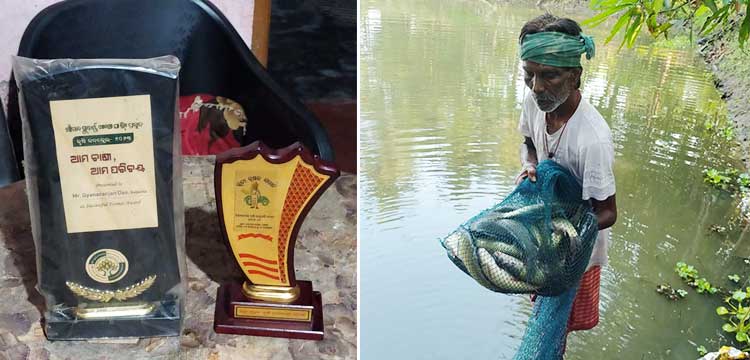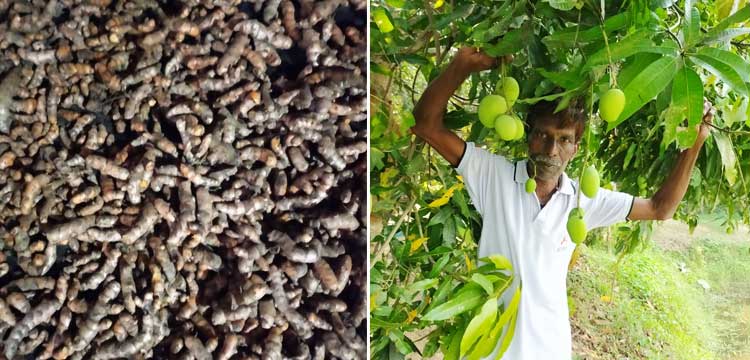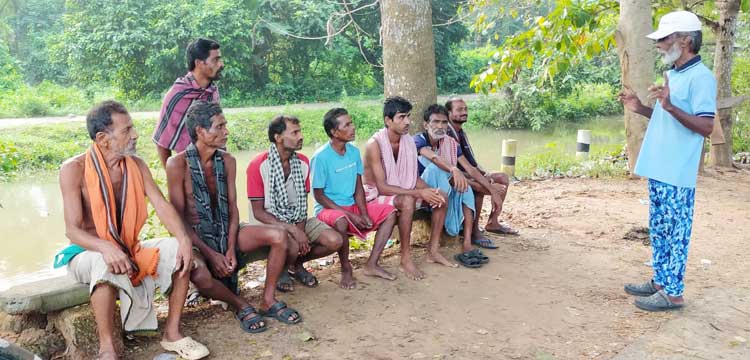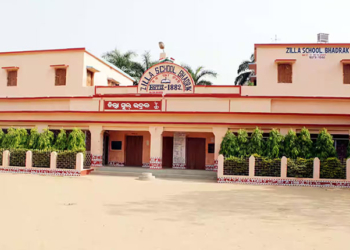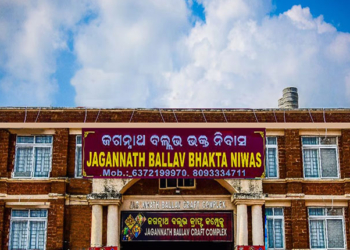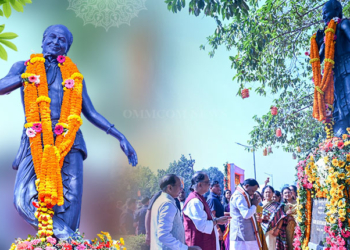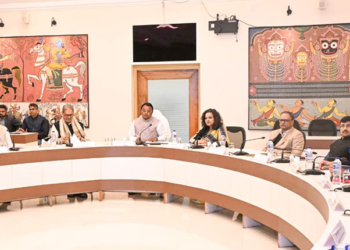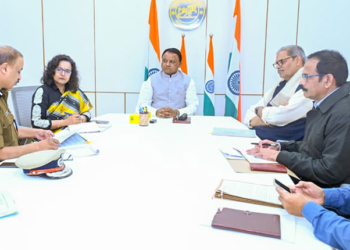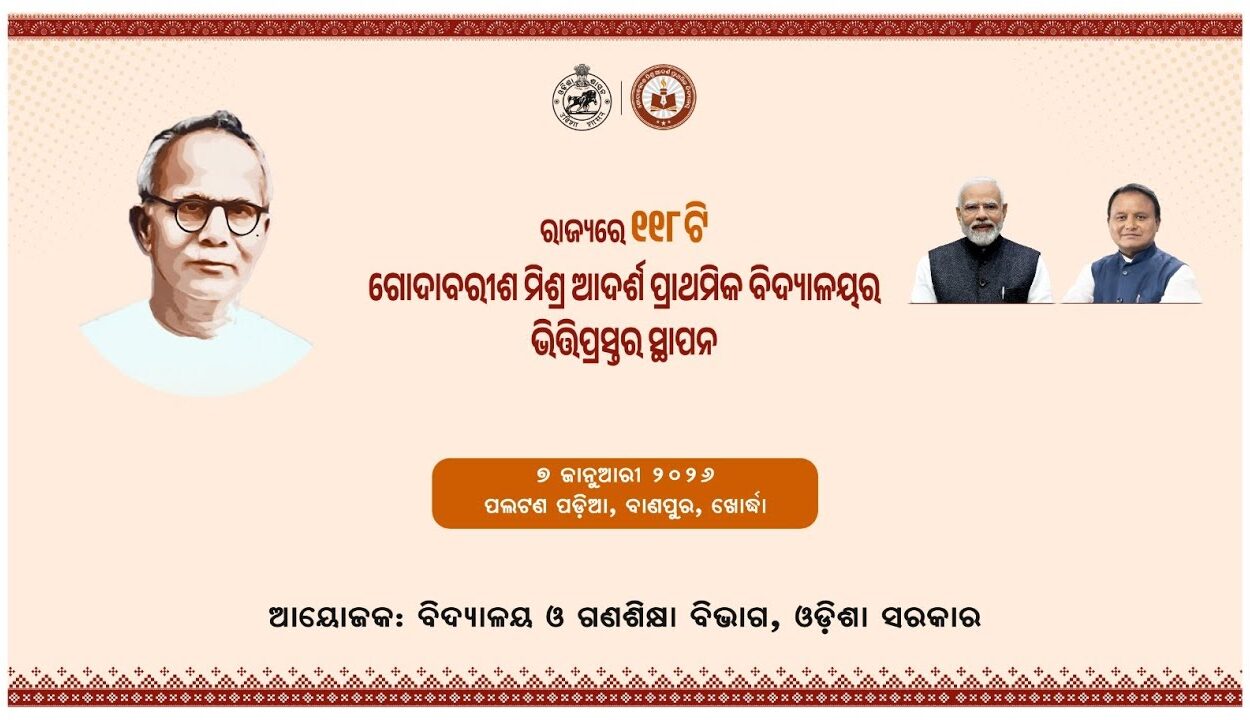In rural India, the story of farmers’ struggles is all too familiar. Crop failure, loan defaults, and the weight of despair often lead to heartbreaking endings. But amidst this narrative of despair, there’s a beacon of hope – Gyana Ranjan Das, a Khordha–based farmer who’s rewriting the script.
Gyana Ranjan’s journey is power of resilience. After suffering losses in paddy farming, he could have succumbed to the pressure. Instead, he chose to diversify, embracing organic fish and vegetable farming. Today, he’s not only reaping profits but also empowering fellow farmers with his expertise.
In an exclusive conversation with Ommcom News, Gyana Ranjan shares his inspiring story, proving that hard work and determination can turn even the toughest challenges into opportunities. His farm has become a model for sustainable farming practices, and his commitment to organic farming is inspiring a new generation of farmers.
With the help of government initiatives and his own determination, Gyana Ranjan has transformed his farm into a thriving hub of sustainable aquaculture.
Das’s life changed after he received training in fish farming under the Pradhan Mantri Matsya Sampada Yojana. With the support of the government scheme, he set up a biofloc-based fish farm on his land, where he cultivates fish and vegetables using organic methods. He produces his own fish feed using organic waste, including the plankton he cultivates, making his farm a closed-loop system.
Twenty years ago, Gyana Ranjan’s life was far from rosy. Like many others in his village, he relied on paddy farming to make ends meet. However, the yields were meagre, and the income was barely enough to sustain his family. But Gyana Ranjan didn’t let adversity get the better of him. He drew inspiration from a poem he had read in his childhood: “Chasa Acchi Jahara Ki Ananda Tahara. Chasa Bhai Jogauchhi Dunia Ku Aahara” – which translates to “Farmers are the backbone of the world, their joy is unmatched as they feed the world.”
These lines resonated deeply with Gyana Ranjan, and he decided to explore alternative avenues to improve his fortunes. Little did he know that this would be the turning point in his life.
“These lines of the poem had instilled in me a sense of pride in farming, and I began to see the profession in a new light. I realised that farming wasn’t just about sowing seeds and waiting for the harvest; it was about innovation, hard work, and dedication. I used to earn Rs 10-15,000 annually from paddy cultivation, which was insufficient to run my family”, said Gyana.
Today, he is a successful fish farmer, producing high-quality fish apart from vegetables and inspiring others to follow in his footsteps.
“I was clade about fish farming initially, but the training and support from the government gave me the confidence to take the plunge. Now, I’m producing around 15 quintals of fish annually, and the quality is excellent”, he said confidently.
Das’ farm is a model of sustainability, where he uses biofloc technology to create a balanced ecosystem. He produces his own fish feed using organic waste, reducing his reliance on external inputs. He is against using chemicals and pesticides in farming.
The success of his farm has inspired Gyana Ranjan to share his knowledge with fellow farmers in the region. He said: “Following my success, I wanted other farmers in my region to adopt sustainable practices and improve their livelihoods. Thus, I hold workshops and provide practical training to them.”
Darbar Sahitya Sansad, an Odisha-based non-profit, is the driving force behind Gyana Ranjan’s success. The organisation empowers women farmers through training and guidance, focusing on women empowerment, livelihood security, gender equality, climate action, and conservation.
Praising Gyana Ranjan as a ‘farmer scientist’, Kedareswar Choudhury, CEO of Darbar Sahitya Sansada, said, “Gyana has transformed his life through fish farming. Previously, he struggled with paddy cultivation due to frequent floods, which affected his family’s livelihood. With support from Darbar Sahitya Sansada and training from CIFA and government schemes, he shifted to organic fish farming. Despite initial losses, he now earns a good income and trains fellow farmers.”
By Rashmi Rekha Das




